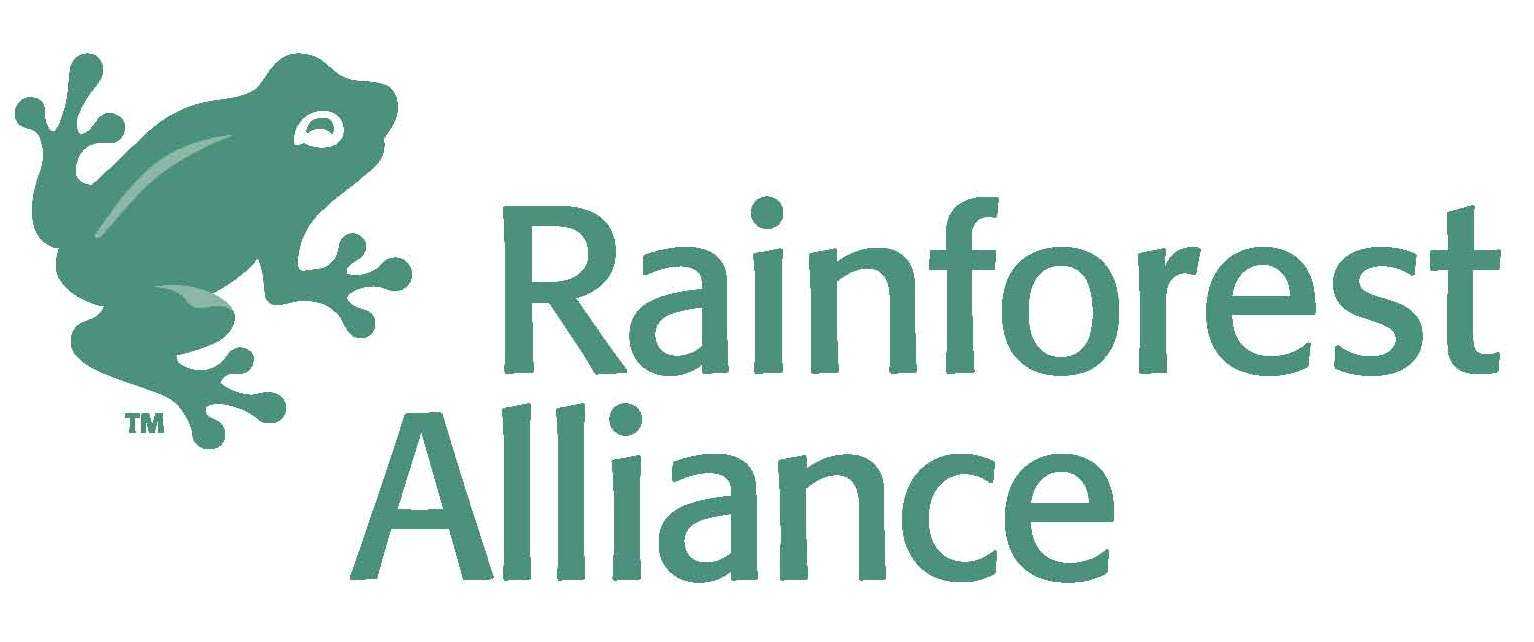Coffee production may be a man’s world throughout much of Latin America—but not on Myleydi Araya’s two and a half acres in the Tarrazú mountains of Costa Rica. Since 2011, Araya has worked to transform the once-foundering coffee farm she inherited from her father into a model of sustainability.
“When I took the farm, it was sick, and the productivity was only five to six fanegas (110 lbs of green coffee) per acre,” says Araya. “With all the changes I have made, this year we are harvesting 20 fanegas per acre.”
Araya began the revitalization of her farm with help from her husband Ricardo Zúñiga, who works in the certification and technical assistance program at CoopeTarrazú, a 4,200-strong cooperative that produces premium, gourmet coffee primarily for export.
She first did a soil analysis, followed by the application of fertilizer. She then started “growing fertilizer” by planting avocado trees that provide shade for delicate coffee bushes, organic nutrients for the soil (the fallen leaves that now carpet much of the farm), and extra income for the family when the fruits are in season.
She has planted trees along the creek and celebrates the abundance of birds she has observed since she stopped using toxic agrochemicals.
Following recommendations offered by CoopeTarrazú agronomists, Araya also prepared for a roya (coffee-leaf rust) attack, which has begun to affect once-immune altitude regions like Tarrazú—her farm is located at 5,250 f. (1,600 m) above sea level—due to global warming.
Although Araya’s neighbor lost most of the harvest from his conventional farm last year, Araya’s enormous and lush coffee plants are still roya-free.
“I basically created a new work system for my farm because it had almost no shade trees, the ground had been cleared, and agrochemicals used to be applied without control,” says Araya, whose farm is now Rainforest Alliance Certified.
She is one of many coffee farmers who have participated in CoopeTarrazú’s free sustainability training and technical assistance program to help farmers prepare for Rainforest Alliance certification.
Araya achieved certification for her farm in 2011, and today 214 other farms are also certified, including 55 owned by women. Araya is now helping her sister prepare for Rainforest Alliance certification.
Zúñiga describes Araya as a natural leader and business woman and calls her la patrona (the boss).
Together they co-own and manage another five-acre coffee farm, which is also certified. Araya is clear about her achievements: “I am successfully managing my own farm, and now it’s green, healthy, and profitable.”


















